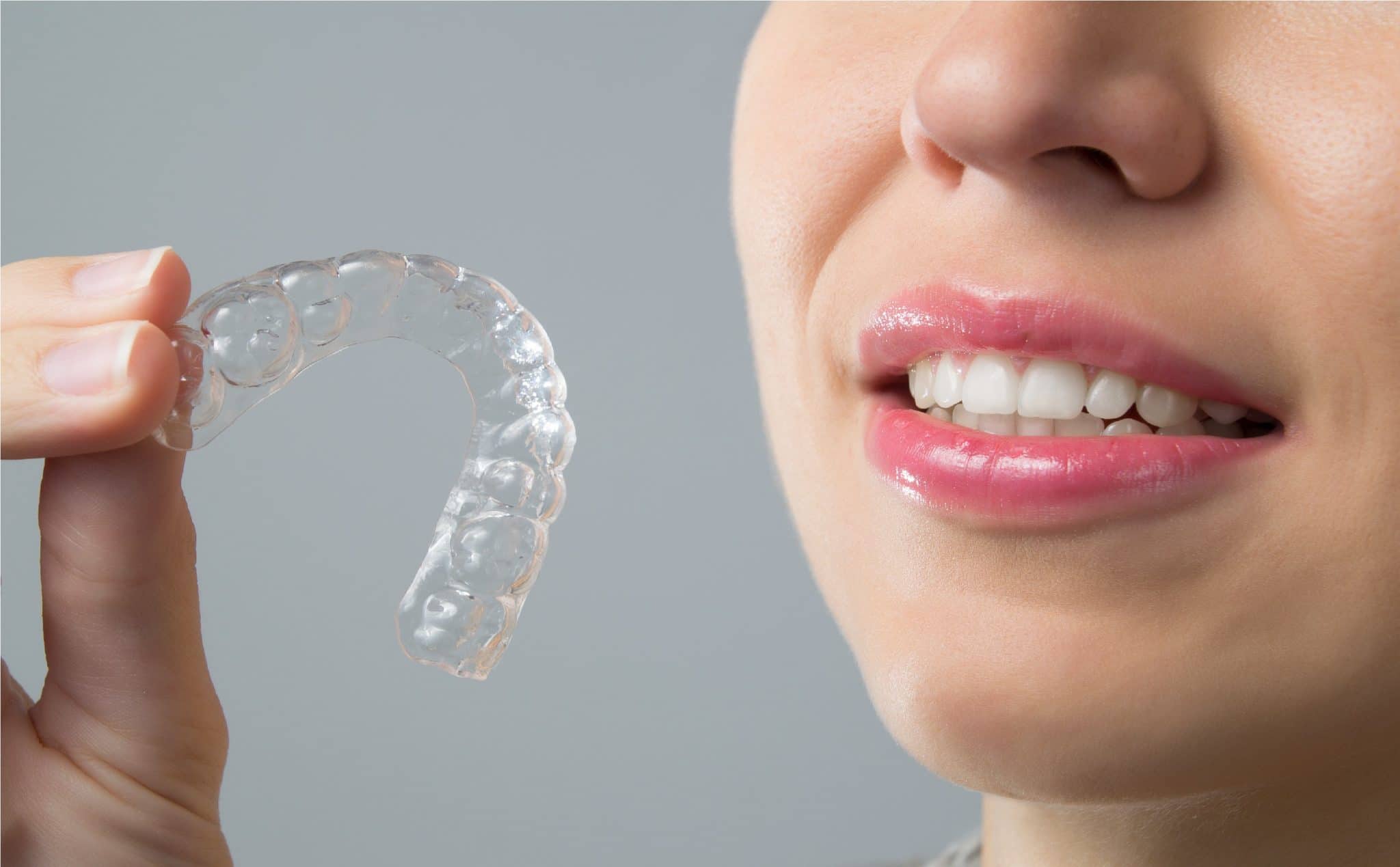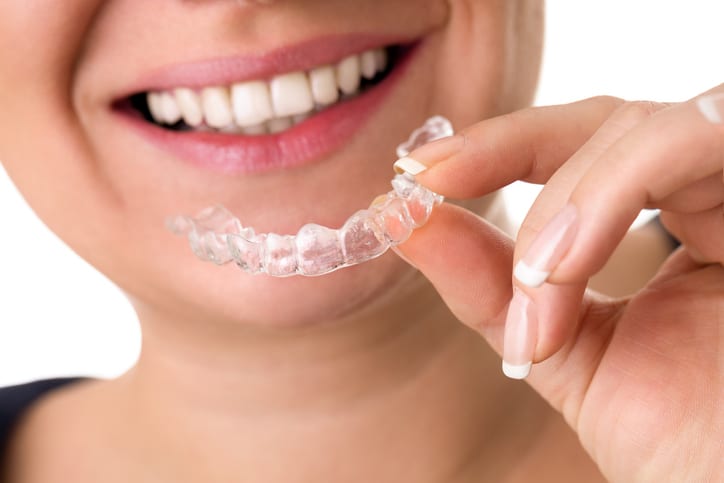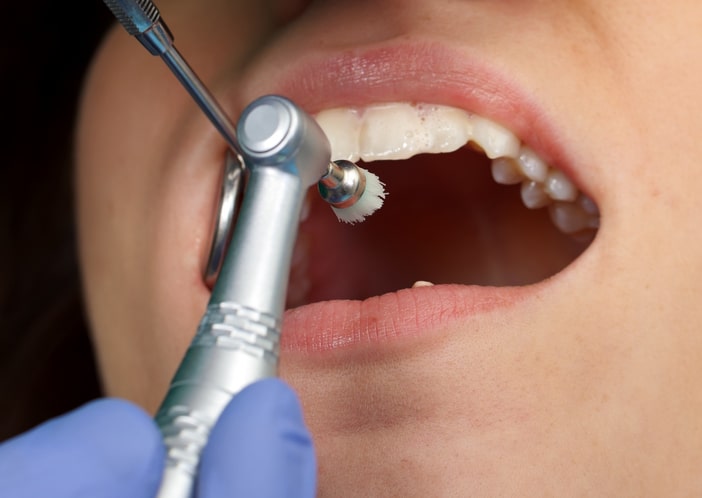Eating disorders affect young girls about ten times more than men. These disorders either involve a constant preoccupation with (junk) food or a much-distorted idea of a good body image and eventually, extreme measures taken just to control weight. It is because of these excessive measures that one’s physical and mental health is greatly harmed.
But did you know that eating disorders like anorexia nervosa and bulimia can wreak havoc in your mouth? In fact, just in the first few years of these illnesses, teeth can get worn and cracked. This kind of damage is caused by frequent vomiting. Of course, when food is restricted like with anorexia, it can also have harmful effects on a person’s teeth.
Damages to the teeth that are linked to eating disorders are often indicative of chemical and mechanical wear. The enamel can be eroded by excessive acid that comes from different origins in the body. It can get thinner and as time passes by, the dentine which is very sensitive gets exposed. This situation is aggravated by inappropriate brushing, abrasive food, and even teeth attrition. Where the damage is worst is an indication of the cause.
For example, the damage that is caused by vomiting often affects the back of the teeth and at the gum line around the incisors, because those areas are where the stomach acid comes into contact with.
Patients with bulimia may also be exposing their teeth to gastroesophageal reflux during the night, which means the damage happens even as the person is sleeping and unaware of it. Acid reflux damage is often found around one side of the jaw, depending on the sleep position. Of course, the front teeth can be damaged when a person drinks a lot of acidic beverages. In extreme cases of anorexia, the gums recede too much and expose the roots of the teeth to acid and your damaging tooth brushing action.
How Can Patients Stop the Damage?
While still battling these eating disorders, it is highly recommended that the patient rinses his or her mouth with tap water after vomiting. Wait for about 20 minutes before brushing. You can also do this after eating or drinking food and beverages that are acidic.
When brushing your teeth, make sure that you do it vertically, starting from the gum line to the ends. The bristles of the toothbrush should reach between the teeth. Choose a non-abrasive toothpaste.
You can give us a call at 905-420-1777, and we’d be happy to schedule you for a check-up. We’d like to help you achieve a better oral health and a more beautiful smile!










